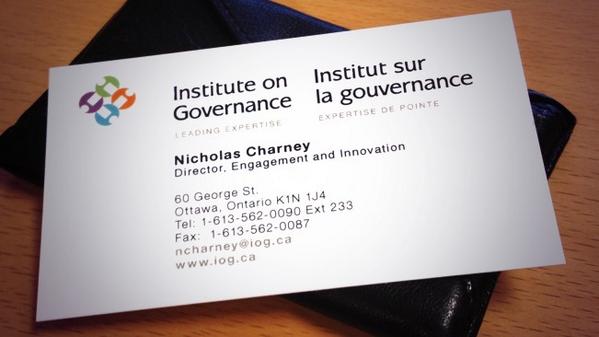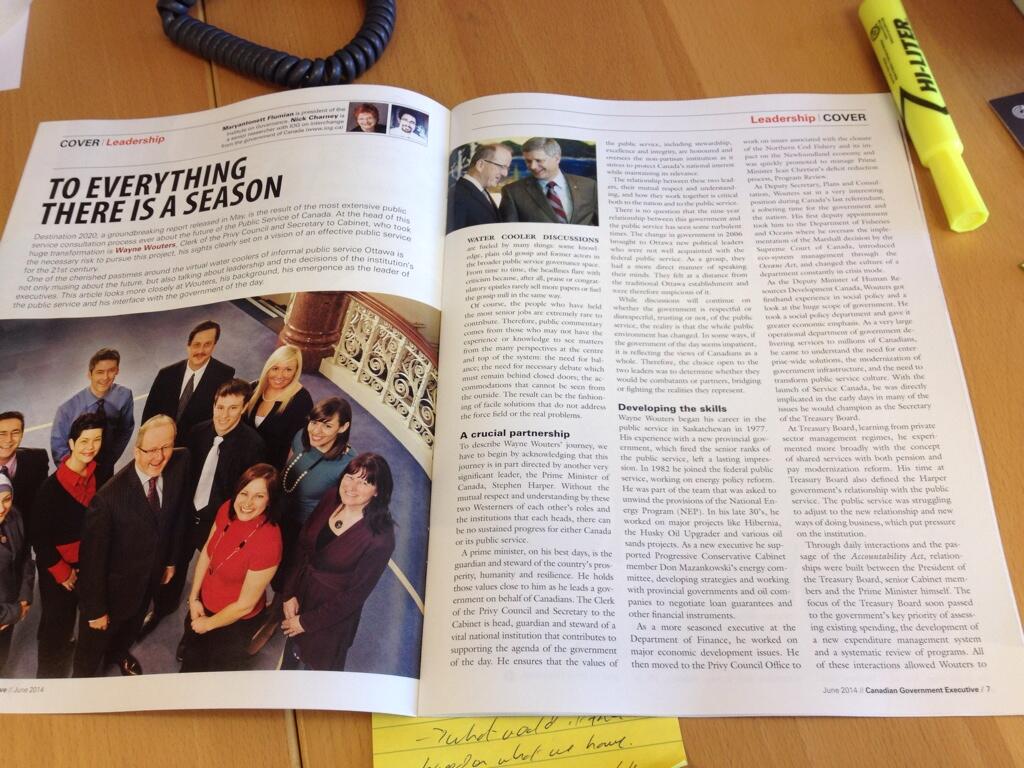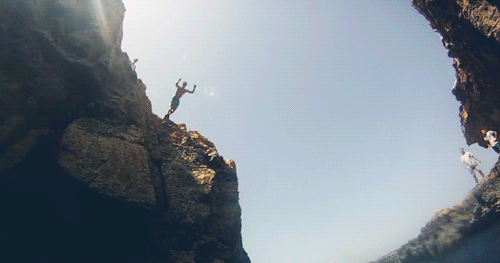| by Nick Charney |       |
 As you likely know I joined the Institute on Governance (IOG) via an interchange in January of this year.
As you likely know I joined the Institute on Governance (IOG) via an interchange in January of this year.I've since taken on additional responsibilities, a new title and started the IOG's Executive Leadership Program. In fact, the program kicked off this week with a two day executive retreat.
It was an incredibly rich two days but rather than sing the program's praises, I wanted to quickly share three of my early takeaways from the program (which I scribbled down in my learning journal):
- Leadership is a process of influence that happens in a group to achieve a result.
- It is about resilience, both personal and institutional, good leaders are able to turn the former into the latter.
- We often rely on our own strengths and talents, good leaders play to the strengths and talents of others.
Cheers (and happy Halloween!)





